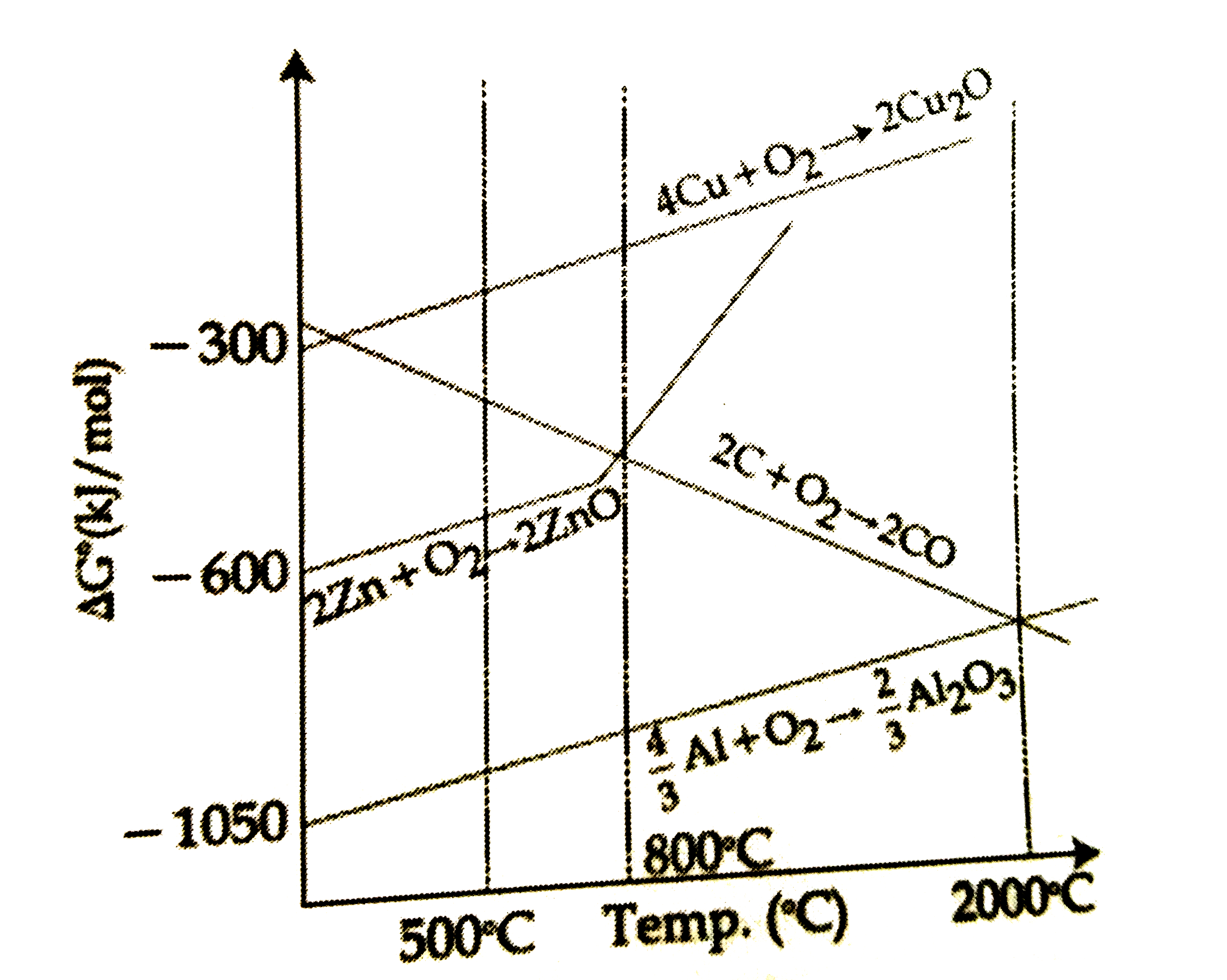The correct statement regarding electrophile is:
Electrophile is a negatively charged species and can form a bond by accepting a pair of electrons from a nucleophile
Electrophile is a negatively charged species and can form a bond by accepting a pair of electrons from another-electrophile
Electrophiles are generally neutral species and can form a bond by. accepting a pair of electrons from a nucleophile
Electrophile can be either neutral or positively charged species-and can form a bond by accepting a pair of electrons from a nucleophile
To solve the question regarding the correct statement about electrophiles, we will analyze each option provided and determine which statement accurately describes electrophiles.
Step 1: Understand the Definition of Electrophiles
Electrophiles are defined as electron-deficient species that can accept electrons from nucleophiles (electron-rich species). They can be positively charged or neutral.
Step 2: Analyze Each Option
- Option A: "Electrophile is a negatively charged species and can form a bond by accepting a pair of electrons from a nucleophile."
- Analysis: This statement is incorrect because electrophiles are not negatively charged; they are electron-deficient and can be positively charged or neutral.
- Option B: "Electrophile is a negatively charged species and can form a bond by accepting a pair of electrons from another electrophile."
- Analysis: This statement is also incorrect for the same reason as option A. Electrophiles cannot be negatively charged.
- Option C: "Electrophiles are generally neutral species and can form a bond by accepting a pair of electrons from a nucleophile."
- Analysis: This statement is misleading. While some electrophiles can be neutral, they can also be positively charged. Therefore, this statement is not entirely accurate.
- Option D: "Electrophile can either be neutral or positively charged species and can form a bond by accepting a pair of electrons from a nucleophile."
- Analysis: This statement is correct. Electrophiles can indeed be either neutral or positively charged and they accept electrons from nucleophiles to form bonds.
Step 3: Conclusion
Based on the analysis, the correct statement regarding electrophiles is:
Option D: "Electrophile can either be neutral or positively charged species and can form a bond by accepting a pair of electrons from a nucleophile."
Final Answer
The correct answer is Option D.
---
Electrophiles are defined as electron-deficient species that can accept electrons from nucleophiles (electron-rich species). They can be positively charged or neutral.
- Option A: "Electrophile is a negatively charged species and can form a bond by accepting a pair of electrons from a nucleophile."
- Analysis: This statement is incorrect because electrophiles are not negatively charged; they are electron-deficient and can be positively charged or neutral.
- Analysis: This statement is also incorrect for the same reason as option A. Electrophiles cannot be negatively charged.
- Analysis: This statement is misleading. While some electrophiles can be neutral, they can also be positively charged. Therefore, this statement is not entirely accurate.
- Analysis: This statement is correct. Electrophiles can indeed be either neutral or positively charged and they accept electrons from nucleophiles to form bonds.
Based on the analysis, the correct statement regarding electrophiles is:
Option D: "Electrophile can either be neutral or positively charged species and can form a bond by accepting a pair of electrons from a nucleophile."
The correct answer is Option D.
Topper's Solved these Questions
- BOOK - AAKASH INSTITUTE ENGLISHCHAPTER - ORGANIC CHEMISTRY : SOME BASIC PRINCIPLES AND TECHNIQUES EXERCISE - Assignment(Section-D)(Assertion - Reason Type Questions)15videos
ORGANIC CHEMISTRY : SOME BASIC PRINCIPLES AND TECHNIQUES
- BOOK - AAKASH INSTITUTE ENGLISHCHAPTER - ORGANIC CHEMISTRY : SOME BASIC PRINCIPLES AND TECHNIQUES EXERCISE - Assignment(SECTION B)6videos
ORGANIC CHEMISTRY : SOME BASIC PRINCIPLES AND TECHNIQUES
- BOOK - AAKASH INSTITUTE ENGLISHCHAPTER - MOCK_TEST_20EXERCISE - EXAMPLE29videos
MOCK_TEST_20
- BOOK - AAKASH INSTITUTE ENGLISHCHAPTER - ORGANIC CHEMISTRY: SOME BASIC PRINCIPLE AND TECHNIQUESEXERCISE - TRY YOURSELF28videos
ORGANIC CHEMISTRY: SOME BASIC PRINCIPLE AND TECHNIQUES
Similar Questions
The correct statement regarding F-centre is:
View SolutionFor the reaction

The correct statement regarding above reaction isView SolutionMark the correct statements(s) regarding Azeotropes
View SolutionThe correct statement regarding structure of ice :
View SolutionThe correct statement regarding the third orbit of hydrgen atom is
View SolutionChoose the correct statement regarding pericycle in dicot root.
View SolutionChoose the correct statement regarding the microbes-
View SolutionThe correct statement regarding the basicity of arylamines is
View Solutionmark the correct statement regarding services
View SolutionThe correct statement regarding the given Ellingham diagram is :
 View Solution
View Solution

